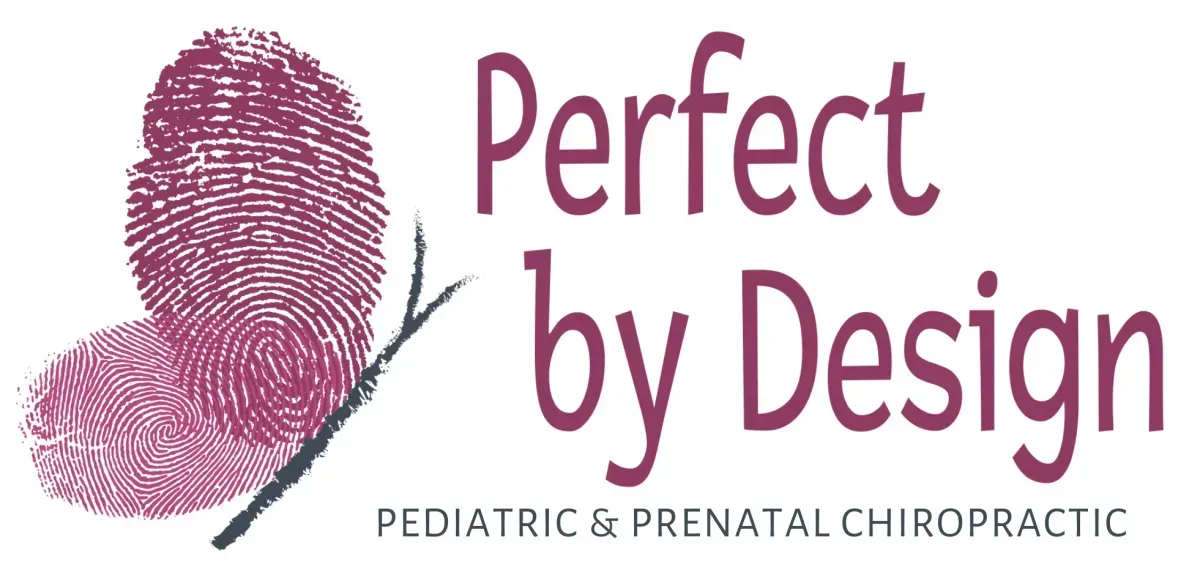

All you need to know about growing pains
Unraveling the Mystery of Growing Pains: From Nervous System Tension to Drug-Free Solutions
Every parent's journey is filled with laughter and love, but also moments of worry. One hidden struggle many families face is understanding and easing their children's growing pains.
Imagine soothing your little one through nights of throbbing leg discomfort. Frustrating, right? You're not alone. Nearly half of school-aged children experience growing pains, impacting their mood, energy, and daily life.
Pediatricians often dismiss them as "normal," but what if there's more to the story? What if the root cause lies not in bones and muscles, but in the nervous system? This blog empowers parents with a drug-free approach to understanding and tackling growing pains. We'll delve into the surprising science behind why some children struggle more than others, exploring the crucial role of nervous system stress and tension.

Beyond Physical Discomfort: A Closer Look
Many parents observe a concerning connection between growing pains and other neurological challenges like sensory sensitivities, Autism, and ADHD. These children often experience not just physical aches, but a cascade of "sensory, emotional, and behavioral" struggles. This points to a deeper, common root: excessive stress and tension within the sympathetic (also known as fight-or-flight) nervous system.
Understanding the Science of Growing Pains
Typically striking between ages 3-12, growing pains can persist for years, intensifying during growth spurts. While traditionally attributed to muscle and ligament development lagging behind rapid bone growth, this explanation might not hold the whole story. As bones lengthen, surrounding muscles, ligaments, and crucial sensory nerves experience increasing tension. This can lead to misalignments in the joints and spine, known as subluxations. These misalignments irritate nerves, triggering pain and sensory problems.
Think of subluxations as tiny roadblocks in the communication highway between the body and brain. They create "neuromuscular irritation and tension," sending pain signals and causing dysfunction. Importantly, the impact isn't just physical. This "noise" in the nervous system can also manifest as emotional and behavioral challenges.
Constant nervous system overdrive, especially during growth spurts, leads to distressing flare-ups known as "growing pains." Children stuck in this fight-or-flight state experience these pains more frequently and intensely.
Empowering You with Drug-Free Solutions
By understanding the deeper connection between the nervous system and growing pains, you can explore alternative, drug-free approaches to help your child. At Perfect by Design, we get right to the root cause by utilizing advanced neurological scans called INSiGHT Scans. These scans identify areas of dysfunction within your child’s nervous system, giving our docs an precise road map to how to ease the tension for your individual child! We use your scans to guide gentle and specific adjustments aimed at restoring balance and relieving this built up tension.
In addition to feeling physical relief and enhanced comfort, their sleep can improve as well! Chiropractic care can help your child sleep better, free from the discomfort of growing pains. Don’t wait for your child to outgrow them. Recognizing the importance of growing pains allows you to ensure your child can navigate this phase with resilience and optimal well-being.
Give us a call or visit our website to learn more about the benefits of chiropractic care for your children!
West Cobb: 770-281-9396
Smyrna: 404-450-2440
Douglasville: 470-348-8440
If you are not local to us, check out the PX Docs directory to find a trained and ready PX Doctor near you!

West Cobb
Monday: 2:30pm - 6:30 pm
Tuesday: 9am - 12pm & 2:30pm - 6:30 pm
Wednesday: 9am - 12pm & 3pm - 6pm
Thursday: 9am - 12pm & 2:30pm - 6:30pm
Friday: Closed
Saturday: 9am - 12pm
Smyrna
Monday: 10am - 1pm & 3pm - 6pm
Tuesday: Closed
Wednesday: 10am - 1pm & 3pm - 6pm
Thursday: 3pm - 6pm
Friday: 10am-1pm & 2pm-5pm
Saturday: Closed
Douglasville
Monday: 10am - 1 pm & 3pm -6 pm
Tuesday: Closed
Wednesday: 10am - 1 pm & 3pm - 6pm
Thursday: Closed
Friday: 10am-1pm & 3pm-6pm
Saturday: Closed

